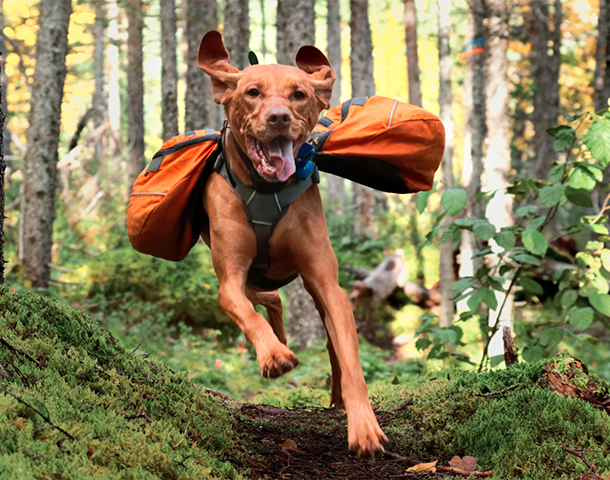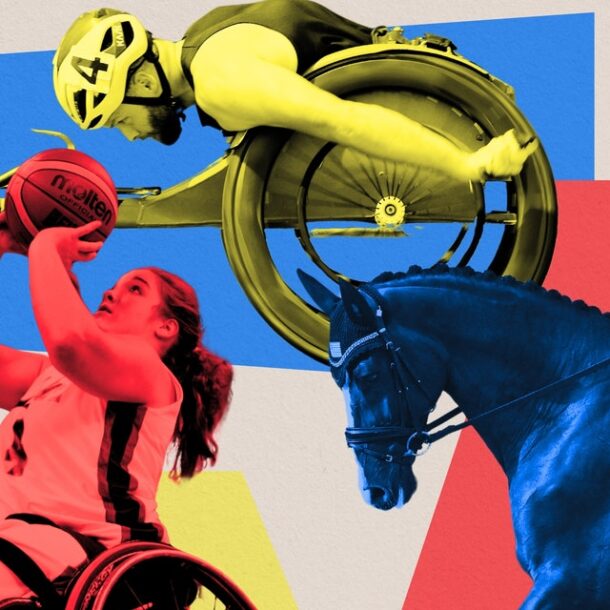
Do Paralympic Guides Get Medals If Their Athletes Win?
When you’re watching the medal ceremonies at the Paralympics, you might notice that some of the podiums are a little more filled than others. That’s because for several sports, the athletes aren’t the only ones up there: Paralympic guides also make the podium—and receive medals—in a bunch of events.
And for good reason. Guides are often with them every step of the way, from the long hours put in during training to the big day of competition.
Visually impaired sprinters, for example, run down the track tethered to a sighted guide who keeps them from veering out of their lane or bumping into other athletes. To build their trust and run in sync, they must train for hours together each week.
Each blind football (a.k.a. soccer) team has a partially or fully sighted goalkeeper who’s allowed to give instructions to players in their one third of the field, in addition to keeping the ball out of the net. Meanwhile, boccia players in some classifications rely on their assistants to position their ramp or other assistive equipment, as well as to put the ball on the ramp (though the athlete pushes it down the ramp with a pointer). And visually impaired cyclists share a tandem bike with their guides. The sighted rider, called the pilot, sits in front and steers, while the para-athlete—called the stoker—provides power from the back.
Silver medalist Ananias Shikongo of Team Namibia and guide Sem Shimanda after the men’s 400 meters – T11 final at the Tokyo 2020 Paralympic Games.Christopher Jue/Getty Images
Given the time, talent, and sacrifice it takes to serve in these important roles, it makes sense that most guides and assistants receive medals if their athletes do. While that’s the case now, it wasn’t always that way.
Before the London Paralympics in 2012, only cycling pilots received medals. But beginning that year, running guides and sighted goalkeepers in blind football became eligible for medals too, according to The Independent. It’s a change the athletes themselves had been advocating for.
Related Articles
2023 Healmyselfnow @ All Rights Reserved


